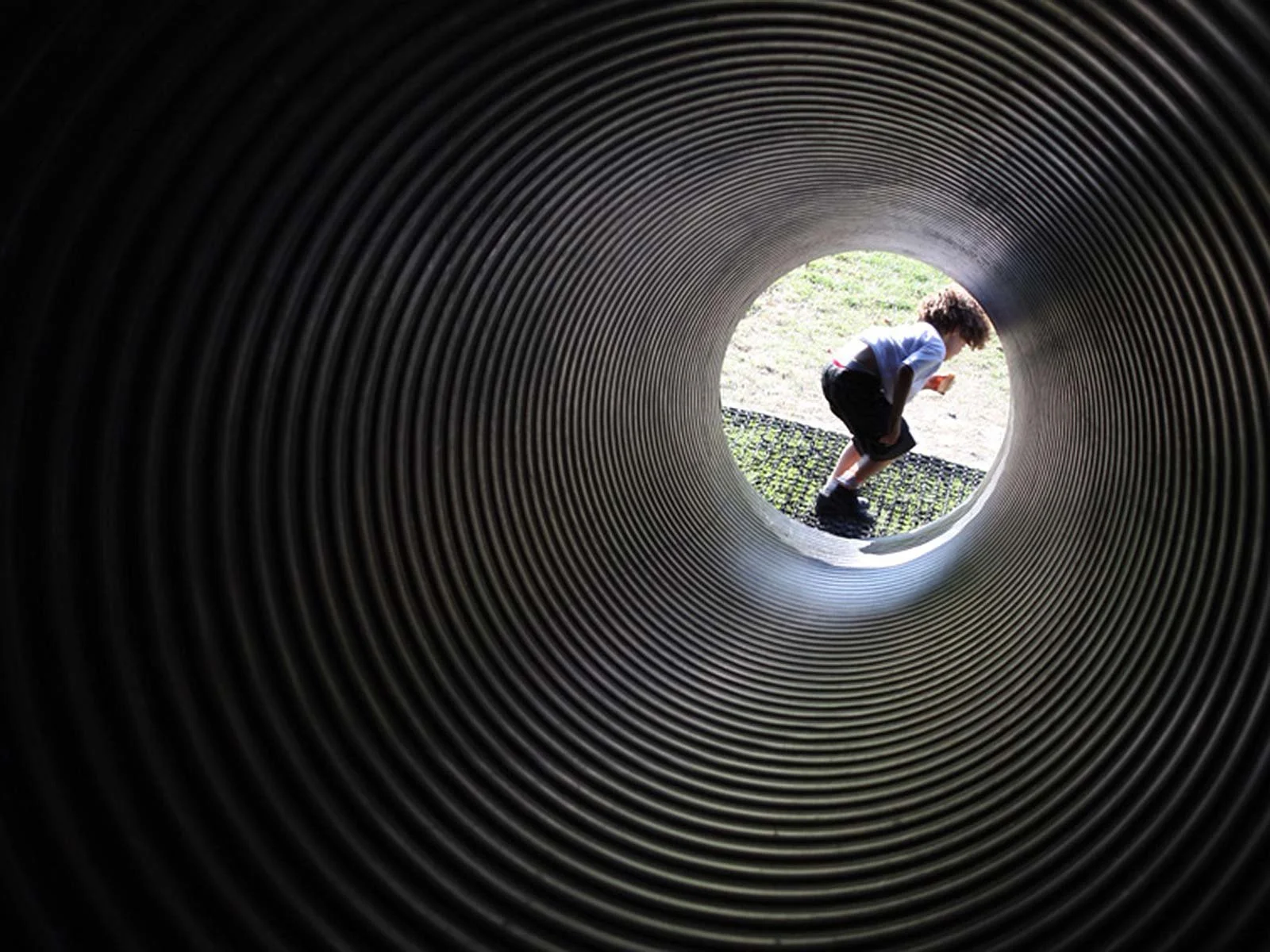
APES, an ethical company committed to working in the following ways…
An eco-friendly approach
APES strives to enhance the local environment by working with natural features and encompassing them in our designs. We encourage new planting, work to sustain local wildlife and either build around or incorporate existing trees into play structures without causing them harm.
For example, see Skeltons Lane Public Park.
Unique design
APES is committed to reducing waste. We recycle and reuse all sorts of materials that are given new leases of life in the play environments we create, including reconditioned slides, salvaged boats, plus reclaimed timber, doors and old pianos – all play areas get a free piano, but don’t ask us to play it!
See Notting Hill Venture Centre for an example of what we do.
Children’s
involvement
APES encourages the participation of children in all stages of playground development: after all, they are the experts when it comes to play. This is exciting and novel for them, but also ensures they take ownership of the site. This reduces vandalism and the misuse of play equipment, while also ensuring the play spaces we craft are the best they can be.
See Sunnyhill Primary School for an example of our approach
Community development
APES strongly supports community ownership of play spaces. We listen to and involve local people, community activists and play workers in our projects. Through expert advice, guidance, free support and training, we strive to ensure that local adults have the resources they need to continue to improve their sites. APES only designs and builds where there is direct community benefit.
See Grove Adventure Playground for an example.
Evolution
At APES, designing for play is an ongoing process. Successful play spaces are not simply ordered from a catalogue, stuck in the ground and left: care is taken to ensure that services and facilities grow with the children. We play the long game and create structures that cater for children’s current needs while being adaptable for the future.
For example see Apples & Pears








